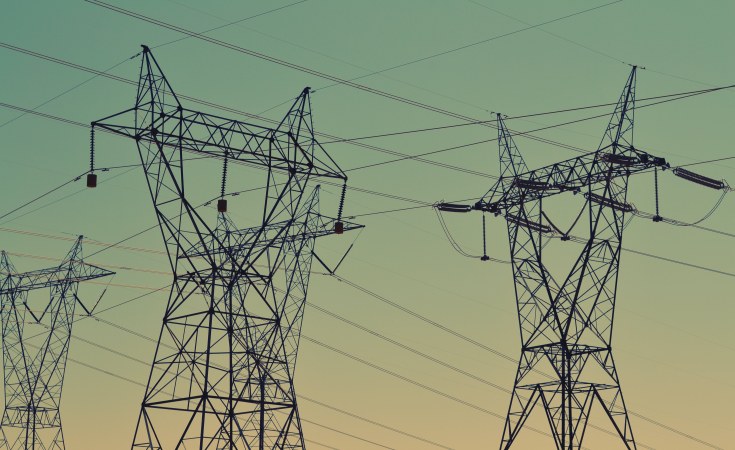The average electricity use of a sub-Saharan African resident is lower than that of a household fridge in the United States (US), the report said.
Despite holding more than 8 per cent of the world's proven natural gas reserves, Africa remains the most energy-poor continent In the world, a report has said.
Hawilti, a Pan-African investment research firm, disclosed this in its recent report titled "Gas for Africa" released on Tuesday.
The report said Africa has the lowest energy consumption per capita in the world, while the average electricity use of a sub-Saharan African resident is lower than that of a household fridge in the United States (US).
Where energy is available in African countries, the report said it is often expensive, inefficient, polluting, and unreliable.
The report added that domestic natural gas can help to alleviate Africa's energy poverty, but despite producing over 6 per cent of the world's natural gas supply and having close to one-tenth of proven global reserves, most of the African continent has no access to its natural gas.
"Africa's domestic gas markets remain under-developed or non-existent, especially south of the Sahara, and much of Africa's abundant natural gas resource development has been for export to the rest of the world," it said.
According to the report, Africa needs gas to support the development of resilient grid infrastructure.
This, it said, is needed to integrate significant shares of variable renewable and distributed energy, without compromising energy security or economic development.
It added that African power grids, where they exist, remain largely weak and unstable, which is a bad combination for any significant renewable capacity integration.
The report said the grids need sufficient flexibility, and that means African power networks need to be expanded and reinforced with a reliable supply of dispatchable power-generation resources that are available in sufficient quantities and on demand.
It explained that while hydropower and geothermal energy are ideal options to generate frequency control and dispatchable power in East Africa, gas is an essential tool for most of the rest of the continent to build robust and flexible electricity grids.
In that regard, it said developing gas-to-power initiatives must be part of the process of building and expanding reliable power systems that can integrate intermittent energies and pave the way for a low-carbon energy mix.
"Access to gas can provide stable electricity in countries with no lower-emission alternatives and strengthen power systems to add more renewable energy and begin decarbonising energy supply, displacing wood, biomass, charcoal, and diesel.
"Developing domestic access to gas in Africa can provide the energy needed today while anchoring the continent's future low-carbon and renewable energy.
"By developing domestic gas markets and re-orienting gas towards its own energy needs Africa seeks to promote industrialisation, create jobs, diversify economies, produce fertilizer to grow food, petrochemicals to make consumer goods and advanced products, and steel and cement to develop modern infrastructure," it said.
Experts speak
Meanwhile, speaking on the report, Mickael Vogel, director and head of research at Hawilti, said "We are delighted to provide stakeholders and policy-makers with an overview of natural gas dynamics in Africa, and hope it will be valuable to underpin dialogue and pragmatic actions to eliminate energy poverty.
"As an Africa-based research and consultancy company, we will continue to highlight the diversity and complexity of African energy markets and we see gas as a critical contributor to the continent's development and energy transition."
The Executive Director, Africa Energy Commission, Rashid Abdallah, said "Natural gas is a resource that has a significant role to play in bringing about socio-economic development and mitigating climate change in Africa.
"As part of a just transition, Africa requires gas to contribute to eradicating energy poverty, providing electricity to almost 50 per cent of Africans, playing as a catalyst in the provision of clean cooking technologies to nearly a billion Africans and creating jobs.
"The calls for an immediate end to all fossil fuel utilisation, and request for global capital investors to stop funding gas projects will severely impact Africa's socio-economic development,".
Also commenting on the report, the CEO of Africa Finance Corporation, Samaila Zubairu, said "The global energy market is in an unprecedented state of flux, opening significant opportunities for exploration and development of gas in Africa.
"At the same time, gas is key to helping Africa end its energy poverty quickly and affordably, by providing an alternative to wood fuel, which would lift hundreds of millions out of poverty while preserving Africa's forests, a valuable carbon sink for the world.
"Gas offers further solutions for Africa's food security challenges as a key source of critical fertilizers, while also generating needed export revenue for re-investment in renewable solutions."


